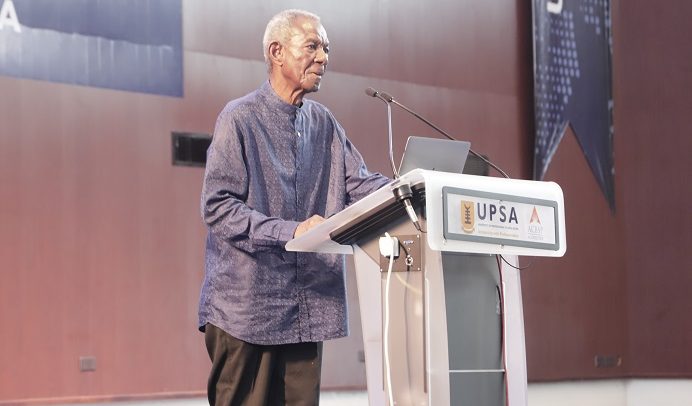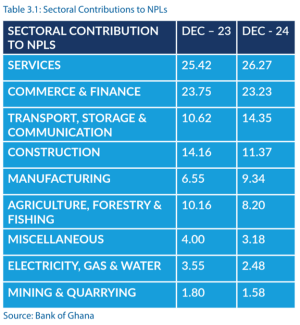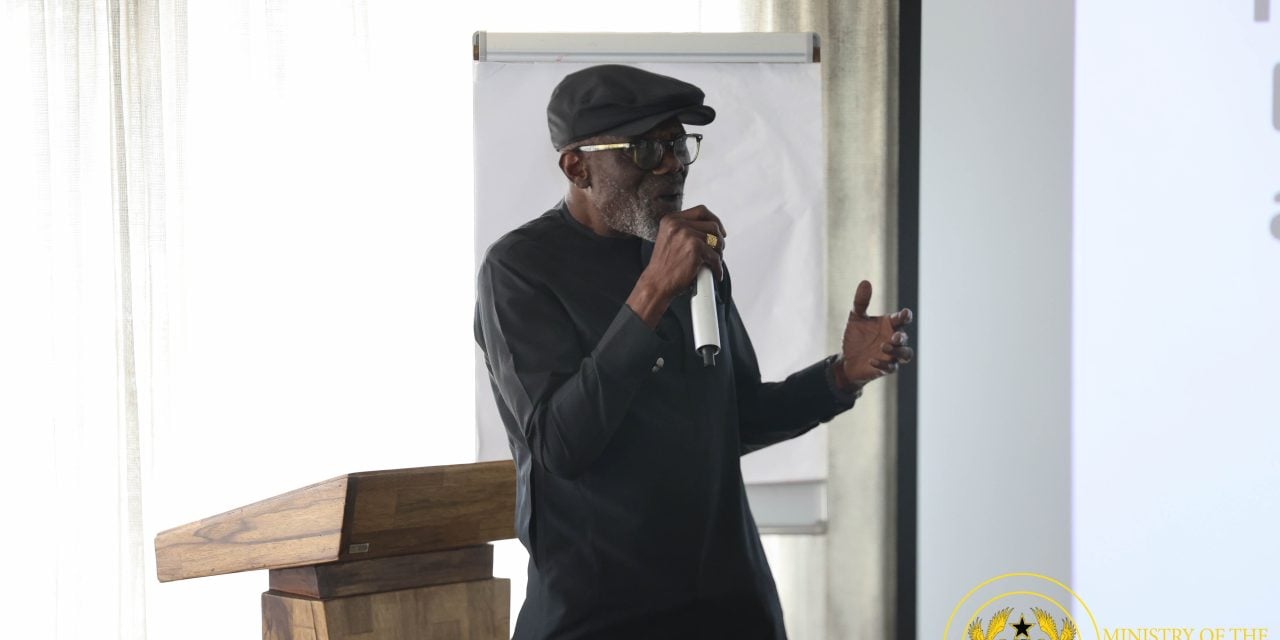
The Institute of Fiscal Studies (IFS), a think tank, has called on the government to prune down its numerous social and economic intervention programmes aimed at promoting strong broad-based economic growth and reducing unemployment.
According to the IFS government's initiatives such as the Free Senior High School Programme, National Builders Corps, Infrastructure for Poverty Eradication Programme, One District One Factory, the Industrialisation Revitalisation programme, Planting for Food and Jobs, Akufo-Addo Programme for Economic Transformation and the Zongo Development Fund, though laudable were "numerous and grandiose".
A Senior Fellow of the IFS, Dr Said Boakye who made the call in Accra yesterday when the IFS presented its proposal for the 2019 budget said the programmes could derail the country's fiscal consolidation programme.
Presenting a paper titled, 'Ensuring strong broad-based economic growth and significant reduction in unemployment in Ghana', he said the aforementioned programmes needed large amounts of funding which would require the government to borrow more to fund them in view of its dwindling revenue.
"Indeed these programmes and initiatives can only be accommodated if the government resorts to large amount of borrowing," he added.
The Senior Fellow explained that last year three expenditures - wages and salaries, earmarked expenditure and debt servicing items alone amounted to GH?46.35 billion, exceeding total grants and grants of GH?41.5 billion by 11.7 per cent.
"If history repeats itself, borrowing huge sums of money to fund the numerous programmes and initiatives of the government will have the potential to reverse the fiscal gains made and throw the country deeper into fiscal and debt distress, since real Gross Domestic Product rate may not increase as expected due to possible macroeconomic instability that may arise," Dr Said stated.
Consequently, Dr Said entreated the government to constitute a team of experts to review the aforementioned programmes.
The IFS Fellow said to be able to transform the economy through industrialisation to achieve sustainable growth, generate high quality jobs and significantly reduce unemployment, the government through the National Development Planning Commission should prepare an implementable long-term national industrialisation strategy, as part of the broader long-term national development plan.
This, he said, should be done through broad consultative process that includes political parties, civil society groups and should be broken into annual implementation plans with sources of funding realistically projected.
Touching on the employment in the country, Dr Said noted the unemployment rate at 2015 stood at 6.8 per cent and youth unemployment was pegged at 15.2 per cent.
To address the growing unemployment, he said the government needed to work hard to improve the non-oil real GDP growth, pointing out that anytime there was high non-oil real GDP growth, unemployment was low.
"High average non-oil GDP growth rate during a period brings about strong decreases in total youth unemployment rates as at the end of the period, and vice versa," Dr Said stated.
Professor Newman Kwadwo Kusi in his remarks called on the government to block the tax and revenue leakages to raise more financial resources to finance its developmental programmes.
He said the government needed to revisit tax incentives and rebate laws, stressing that they had outlived their usefulness.
Prof Kusi suggested to the government to initiate works intensive programme to employ the youth to address the growing unemployment problem.
Read Full Story

















Facebook
Twitter
Pinterest
Instagram
Google+
YouTube
LinkedIn
RSS